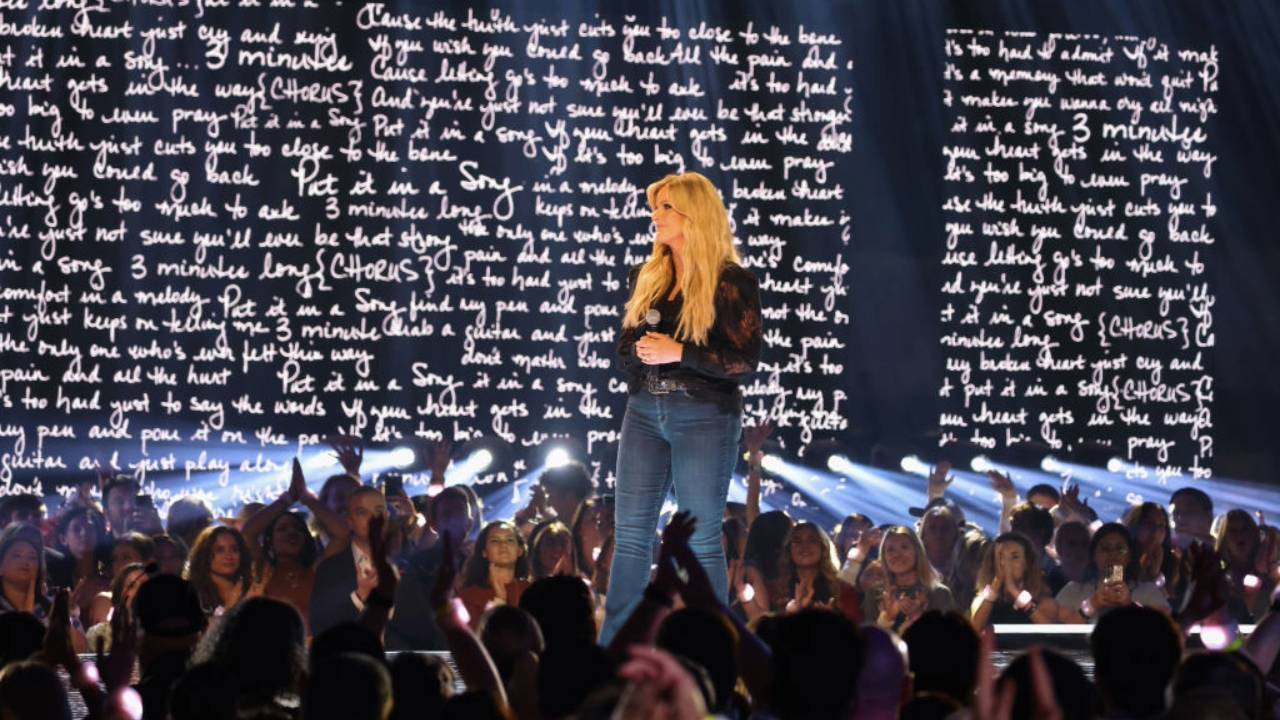Study Says Today's Country Music Less Appealing To Men
Men are increasingly dissatisfied with today's country music and are listening to country radio less. This was one of the main conclusions presented at the Country Radio Seminar in Nashville today (March 3) by Larry Rosin, president of Edison Media Research.
Rosin also reported that country songs that hit No. 1 stayed there longer in 1999 than they did the year before. Using charts from Radio & Records, Rosin said there were 40 No. 1 country hits in 1998, but only 18 last year. Noting that Lonestar's "Amazed" logged in nine straight weeks at No. 1, Rosin speculated that its long stay at the top had helped it cross over to pop radio, where it has again reached No. 1.
In pursuing women listeners, Rosin said, some radio stations are testing their music only among women. Women, he explained, are more inclined to softer country sounds, the very kind of music that has the best chance of crossing over to pop formats and thus finding new record buyers. Men listeners tend to favor "rock-leaning," traditional and classic country music, he said, all of which have diminishing audiences.
Rosin suggested that in markets where there are two or more country stations, it might make sense to program music according to gender preference. As it is, he maintains the only difference between stations within the same market is how frequently or infrequently they play the same songs. He cited WHSL in Greensboro, N.C., as a station that is now reaching out to males by programming rock jocks John Boy & Billy in the morning but playing country songs with an "upbeat, rollicking" flavor.
Record companies and radio are doing only moderately well in developing new artists, Rosin said. But he did note a rise in recognition and popularity for the Dixie Chicks. Many acts that have been having hits for a long time, such as Steve Wariner and Mark Chesnutt, still have a fairly low recognition factor among the country listeners Rosin surveyed.
In the discussion period that followed Rosin's presentation, radio programmers Dene Hallam, of KYCY San Francisco, and Larry Daniels, of Daniels Consulting, pointed out that general research conclusions had to be filtered through each station's local conditions. There was also general agreement that country radio could not expect to broaden its appeal to men unless it includes men in their music testing.
Hallam observed that country radio stations are often reacting to market conditions rather than dictating them. "Country does the best," he said, "when Top 40 sucks."





